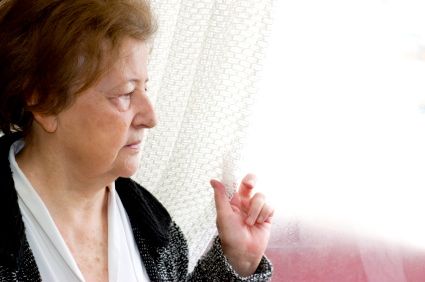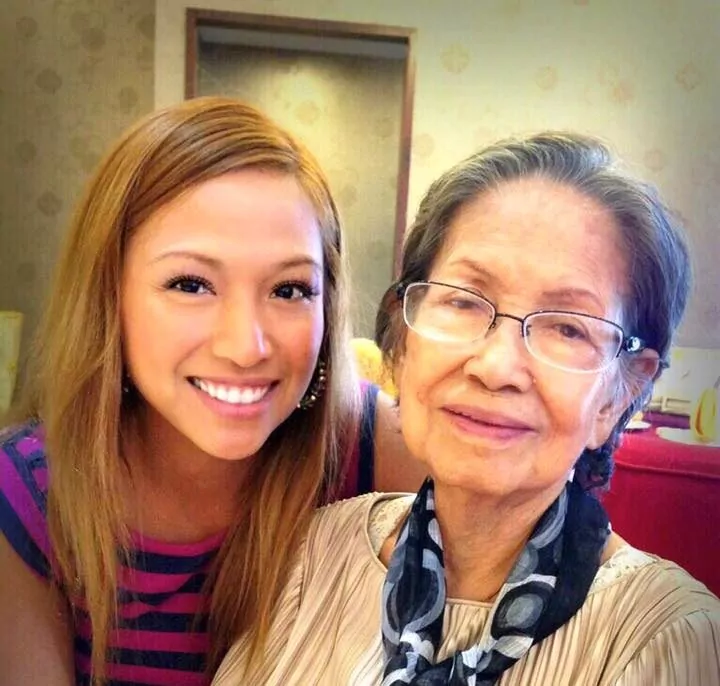 No one goes through life without feeling lonely from time to time, but the feeling passes and we get on with our lives. It’s not that easy for many older people. Loneliness can affect every aspect of their lives. The truth is – loneliness can be a killer.
No one goes through life without feeling lonely from time to time, but the feeling passes and we get on with our lives. It’s not that easy for many older people. Loneliness can affect every aspect of their lives. The truth is – loneliness can be a killer.
In This Loneliness in Seniors Article
Factors That Contribute To Loneliness
Depression and Loneliness
Tips To Avoid Loneliness in Seniors
Factors That Contribute To Loneliness
Many research studies conclude that isolation in elders has a significant impact on their physical and mental health. Isolation dramatically increases morbidity rates in the elderly, not to mention the devastation to their quality of life.
So, are your efforts to keep your older loved ones healthy being thwarted by loneliness?
Many factors contribute to elders isolating themselves. Many of us experience health related issues such as incontinence, vision impairments, and balance deficits, the older we get. These physical limitations can cause many older people to isolate. The embarrassment of incontinence or lack of balance, can keep them from getting out and interacting with their friends and loved ones. For those who have suffered a fall, they may choose to just stay confined to their homes because they fear falling again.
Diminished eyesight may impair the ability to drive, which also isolates many older adults, especially those who live in a rural setting.
Depression and Loneliness
Older people are more likely to suffer the loss of a spouse or of dear friends. Depression from grief or illness will often make older people recluse – which can lead to multiple quality of life issues. Some older women never learned to drive, and when their husbands die, they find themselves unable to attend social functions or normal activities that facilitate human interactions. Isolated seniors, especially men, have a much higher rate of suicide.
Avoiding Loneliness in Seniors
Families are always the first defense against loneliness. Family connections remain the most cherished for older adults, so if all possible, stay actively involved in your senior’s life. Education can help many understand the consequences of isolation. Isolated older people are much more likely to require assisted living which is something our independent seniors fear.
Interventions for the isolated have been found effective. Physical therapy can help those who fear falling. Self-help classes can ease depression and help those through their grief while exposing them to positive social interactions. We can strongly encourage exercise classes for the positive health benefits, knowing the human connections can be just as beneficial.
For elders that are basically healthy, volunteering can be a wonderful way to help others while helping themselves. Older people who volunteer are healthier physically and mentally. Older volunteers are also less likely to suffer from dementia.
For the more frail elders, in-home care can often relieve the loneliness. Good caregivers, whether they be a professional or a family member, can be the best medicine possible for a lonely shut-in. And while many older people dismiss the idea of assisted living, it can be a life saver for many of them. The social activities and physical exercise fostered at assisted livings can engage and enhance the lives of many.
Copyright © 2013 SeniorCareHomes.com. All Rights Reserved.
About The Author: Karen Everett Watson is a Gerontologist and has over 10 years experience as a Journalist. Karen has spent 4 years in the senior community interviewing retirement community residents.
Articles Related To Loneliness:
- Understanding Depression To Avoid Loneliness
- Getting Help For Loneliness and Depression
- Signs and Symptoms of Depression
- Depression and Meditation
- Pet Therapy as Treatment For Depression
Other SeniorCareHomes.com Helpful Links:
Catharine “Kate” is a Certified Administrator for Residential Care Facilities for the Elderly (RCFE) and an Expert Senior Care Advisor. Kate’s grandmother battled Alzheimer’s Disease and Kate personally understands what millions of families are going through. Kate and her team are very passionate in empowering Seniors and their families by providing them with the Best Available Senior Care Options based on Senior’s care needs, preferred location and family’s budget.


